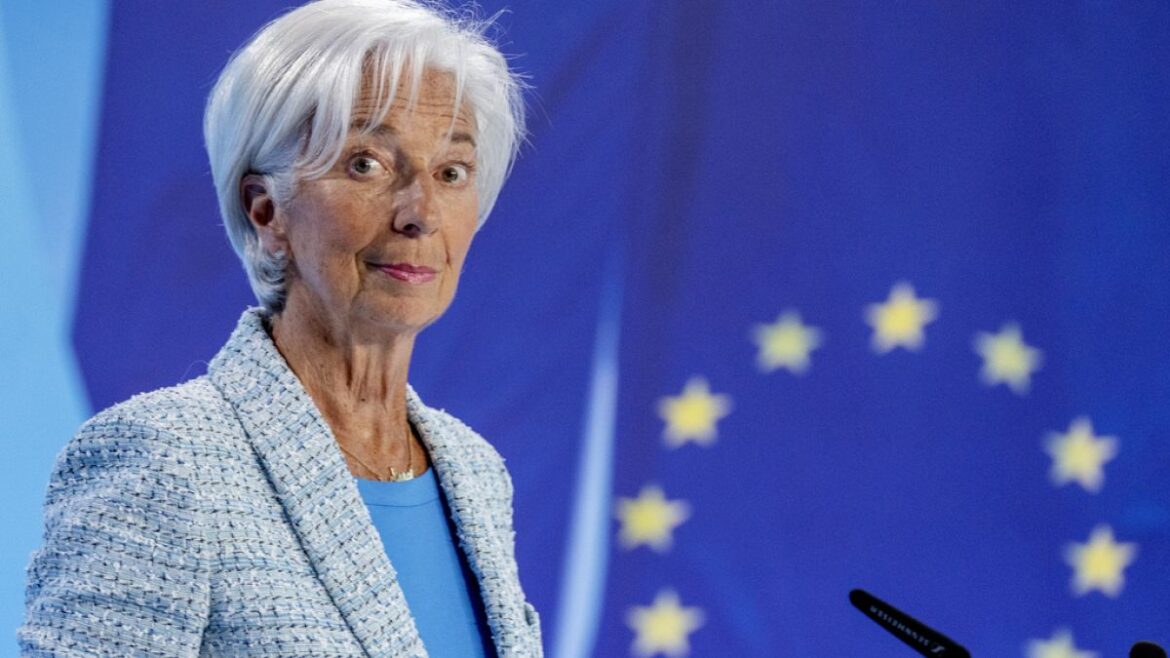The European Central Bank’s “historic” cut in interest rates and the European Union’s food challenges – both in terms of agricultural production and food waste – are the main topics discussed this week.
The most recent inflationary crisis began in 2022 following Russia’s massive invasion of Ukraine, with the EU’s harmonized consumer price index peaking at 10.6%. in October 2022.
In response, the European Central Bank (ECB) began raising interest rates, putting households and businesses under pressure due to the high value of their bank payments.
Two years later, inflation in the Eurozone fell to 2.6% – close to the 2% considered the ideal rate – so the ECB made an announcement that should provide some relief.
The reduction in interest rates by 25 basis points was explained by its president, Christine Lagarde, as a prudent decision given the risks that remain.
“We are determined to ensure that inflation returns to our medium-term objective of 2% in due time. We will maintain sufficiently restrictive policy rates for as long as necessary to achieve this objective”she said during a press conference.
Farmers protest again
Participants in a demonstration, which took place this week in Brussels, called themselves “warrior farmers”. They are unhappy with recent changes to the Common Agricultural Policy (CAP) in response to the six-month wave of protests.
The demonstration was called by agricultural organizations close to the far right, and included speakers belonging to these parties and from Poland, Belgium and the Netherlands, for example. Copa-Cogeca, the main European farmers’ federation, did not participate.
Organizers, however, rejected this association, with Sieta van Keimpema of the Farmers Defense Force saying: “ It’s a lie we’ve heard time and time again. There is no politics in this demonstration and there is nothing extreme, except lies.”.
It is essential to produce quality food at a fair price, but also to avoid food waste, which is equivalent to 20% of the products purchased by consumers. Food waste has a significant environmental impact in terms of land and water use, but also in terms of emissions of polluting gases which affect the climate.
To discuss solutions, the European Commission this week organized the European Forum on Food Waste, attended by researchers and other professionals, including Christophe Diercxsens, director of public affairs at the social impact company “Too Good To Go.”
“The European Commission has put on the table a proposal to introduce legally binding targets to reduce food waste in the EU, which is currently being negotiated within the European institutions”he explains to Euronews.
“At the consumer level, it is important to organize more educational campaigns to create a new respect for food and to show a little common sense in certain practices. For example, learning to cook with surplus ingredients, for example, having leftovers from the day, e.g.“, he adds.
(Watch the full show in the video player above)
Video editor • Vassilis Glynos



